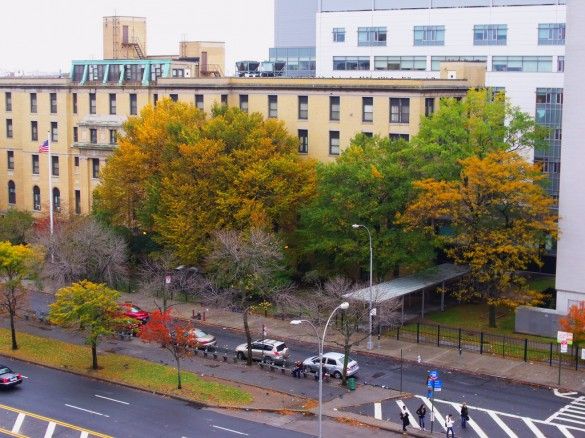Sandy’s KO of Coney Island Hospital Causes Overflow Across City’s Other Medical Centers

Superstorm Sandy crippled much of the New York’s infrastructure, stretching the deployment of emergency personnel and resources thin as whole sections of the city were left in the dark and rendered inoperable. New York’s hospitals are still dealing with the holes caused by Sandy’s disruption, especially by closing Coney Island Hospital, according to a report in the New York Times.
Since the storm blew over late last October, New York’s hospitals have seen a spike of emergency room patients, many being admitted in non-local centers whose staffs are pushed to the limit to deal with the influx. Doctors and nurses are working extra shifts and overtime, offices and lobbies have been converted into temporary care rooms, and extra beds are at a premium, forcing some hospitals to make emergency visits to local furniture stores to meet the demand.
Brooklyn patients, many ousted by the closure of Coney Island Hospital, have found themselves crammed into Maimonides Medical Center. Patients in Maimonides’s E.R. who normally wait four to five hours for a bed, are finding themselves waiting two to three days. According to the Times, “Almost every one of the additional 1,100 emergency patients this November compared with last November came from four ZIP codes affected by the storm and served by Coney Island Hospital, a public hospital that was closed because of storm damage.”
The Times goes on to describe the problems caused by the influx of psychiatric patients to Maimonides stemming from the closures of Coney Island Hospital and many of the adult homes shuttered by Sandy. Extra captain’s beds, which don’t have railings, had to be brought in from local furniture stores to prevent suicide attempts.
The closings of hospitals and stretching of resources and staff have severely affected the work of the doctors and surgeons as well. The Times writes that:
Obstetricians and surgeons from the closed hospitals have been particularly disadvantaged, since they are dependent on hospitals to treat their patients. Many displaced surgeons have been reduced to treating only the most desperately ill, and operating on nights and weekends, when hospitals tend to be least well staffed. “I think there’s no question that a lot of people have postponed anything that they can postpone that is elective,” said Dr. Andrew W. Brotman, senior vice president at NYU.



